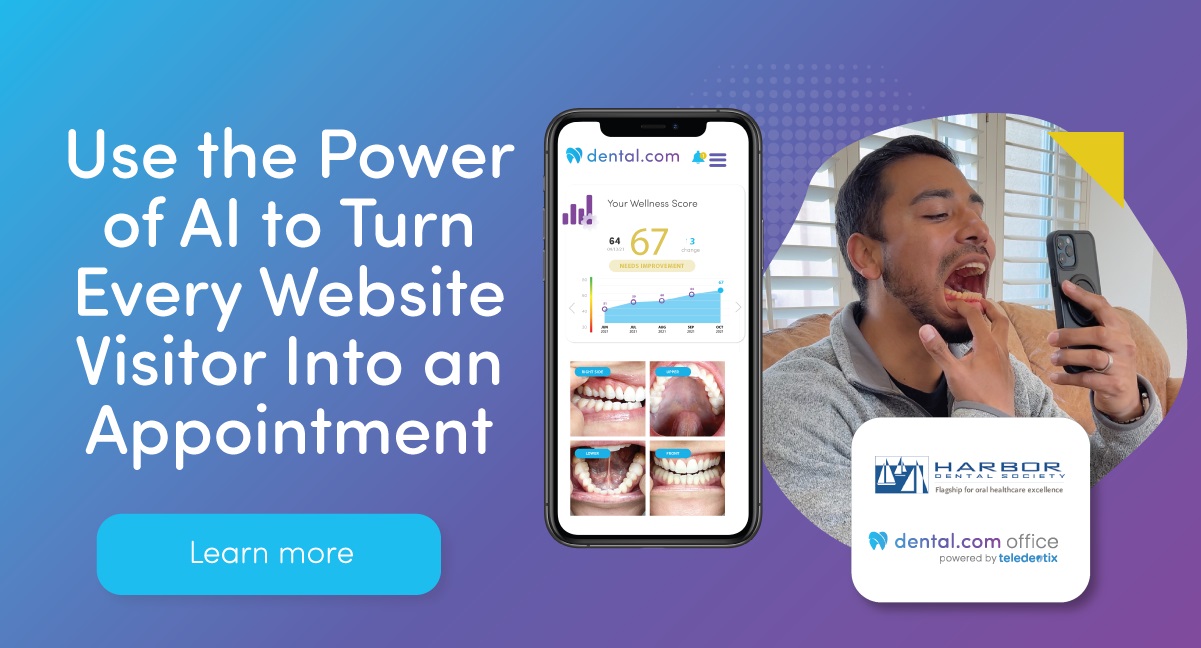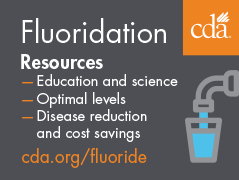Friday, Mar 20, 2015
|
CDA's advocacy urging the state to fix the broken Denti-Cal program has captured the attention of lawmakers who expressed outrage in two legislative hearings about the program's failure to provide access to care due to glaring oversight issues and extremely low reimbursement rates.
CDA members testified at two joint oversight hearings of the Senate Health Committee, Assembly Health Committee and the Joint Legislative Audit Committees in March. The point was made at both hearings that the state must do better than having a Medicaid program that ranks at the bottom of the nation. The testimony resonated strongly with legislators, as those in attendance easily understood why dentists are unable to participate in the program.
"CDA is pleased that lawmakers clearly saw that the Department of Health Care Services is not upholding its responsibility to maintain a program that delivers timely access to care," said CDA President Walt Weber, DDS. "As I reflect on the hearing, it's clear that the work we have done in our communities throughout the state, such as CDA Cares, has helped legislators understand that dentists are not to blame for Denti-Cal's failures, and in fact, many provide Denti-Cal services at a loss to their practices."
A recent report by the California State Auditor titled Department of Health Care Services: Weaknesses in Its Medi-Cal Dental Program Limit Children's Access to Dental Care revealed fewer than half of California's children enrolled in Denti-Cal received dental care in 2013. The audit also pointed out that current provider reimbursement rates for the top 10 children's dental services paid in California are a mere 35 percent of the national average. Denti-Cal rates have not been increased since 2000-2001 and the program was further impacted by the 10 percent rate cut on certain services in 2011, with pediatric dental being one of the only services for children included in the cut.
"The state audit of the Denti-Cal program confirms that there are a number of reasons that access to dental care is so poor and it makes clear that extremely low reimbursement rates are a significant one," Weber told joint committee members at a March 4 Senate Health Committee, Assembly Health Committee hearing.
The Senate and Assembly Health Committees convened again with the Joint Legislative Audit Committee on March 17 to examine the Denti-Cal audit and program with the goal of exploring how the state can address the serious issues that impact access to care.
Harbor Dental Society member John Blake, DDS, executive director of the Children's Dental Health Clinic in Long Beach, testified at the hearing. His clinic treats approximately 9,000 children enrolled in Denti-Cal from counties all over Southern California.
"We are trying to raise funds through private grants to cover our costs -- which we can't rely on with any certainty and which most dental providers don't even have the capacity to attempt," Blake said. "In cases where we need to send patients elsewhere for more extensive treatment, oral surgery for example, we see families brought to tears on a regular basis because of how few options they have. Ultimately, the options that are available may include a waiting list that is multiple years long or traveling hundreds of miles."
Blake laid out some of CDA's recommendations for how to fix the problem. First, that the state establish criteria that allows for a legitimately accurate assessment of true access to timely care, which would include an accurate directory of active providers in the network and accounts for variations in locale and how many patients a dentist can treat per month. Secondly, the state must substantially increase Denti-Cal reimbursement rates starting this year to allow dentists and clinics like Blake's to serve more patients.
"Without rate increases, my clinic will be cutting critical staff and reducing our comprehensive services," Blake said. "Rates have only gone down over the last 15 years. That's simply not reasonable in a state with such a large and rapidly increasing Denti-Cal population."
Increasing reimbursement rates to providers has led to increases in utilization and network size in other states over the last 10 years. For example, Maryland provided targeted rate increases and increased the number of children receiving access to dental care from 44 percent to 64 percent; they also saw a 62 percent increase in provider participation. Similarly, Virginia increased its provider rates by 28 percent and the percent of children accessing dental services increased from 24 percent to 56 percent. Virginia also saw a 145 percent increase in dentists participating in the network.
This is at a time when the state has added millions of children and adults to the Denti-Cal system -- through the Healthy Families transition, the addition of adult dental care back into the Medi-Cal program and the Medicaid expansion as a result of the Affordable Care Act.
Last year, the state budget included funding that partially restored adult Denti-Cal benefits with a proposed annual cost of $77 million to the state budget. The coverage includes preventive care, restorations and full dentures, but that funding covers a mere fraction of the need.
"We applaud the state for its successful efforts to expand dental coverage to millions of Californians through the ACA's Medicaid expansion and the restoration of adult dental benefits last year, but without substantive action this year, the benefits for these newly enrolled patients will be illusory," Weber said.
Source: www.cda.org








